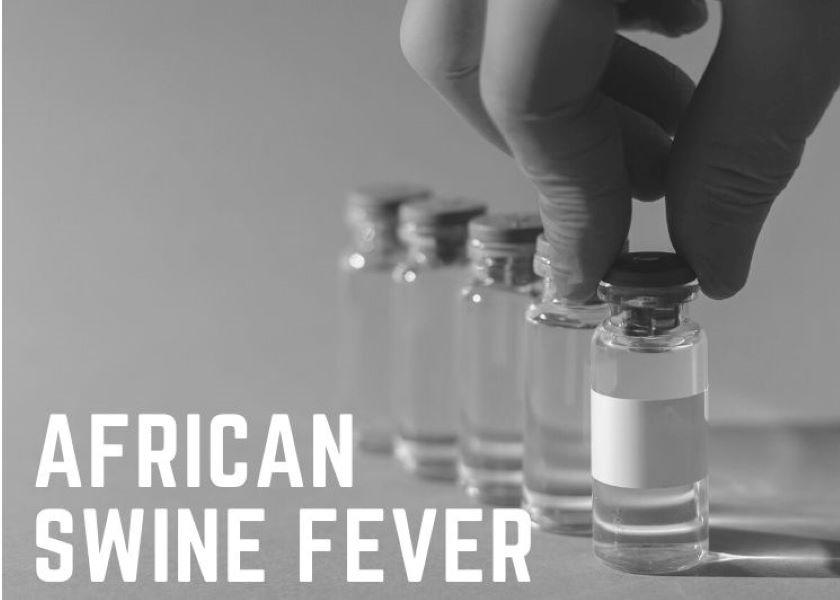African Swine Fever: WOAH Warns Pork Industry Not to Use Sub-Standard Vaccines

African swine fever (ASF) is not slowing down it's deadly spread around the globe. The World Organisation for Animal Health (WOAH) shares concerns about the use of sub-standard vaccines and urges the pork industry not to settle.
"The research community has been working to develop an effective vaccine and recent announcements of modified live vaccines being approved or tested in some countries have raised hopes for the availability of new effective tools to contain the current ASF epidemic. Many countries are interested in using these candidate vaccines to help control ongoing outbreaks on their territory," WOAH writes.
WOAH recommends the use of only high-quality ASF vaccines with proven efficacy and safety, and which have been subject to regulatory evaluation and approval in accordance with WOAH international standards.
What's the risk of using a non-compliant vaccine?
The use of non-compliant or poor-quality vaccines may not provide protection against ASF and the risk of spreading vaccine viruses is alarming and could result in acute or chronic disease, WOAH explains.
"Vaccine viruses could also recombine with field strains to generate novel strains that could evade detection and result in acute, chronic and persistent ASF infections on farms," the organization says.
Why isn't vaccination enough?
Vaccine programs should be implemented as part of a comprehensive prevention and control strategy that includes other control measures such as strict biosecurity, import measures and movement controls.
"Vaccination, if used, should be conducted under a well-designed vaccination program that takes into account, among other factors, the local epidemiology of the disease, the expected objectives of vaccination and the adequacy and sustainability of the relevant technical, financial and human resources," WOAH recommends.
Plans should always include post-vaccination surveillance and monitoring as well as an exit strategy for stopping vaccination, as mentioned in WOAH international standards on vaccination.
Vaccines play an important role
WOAH is monitoring the progress of several ASF vaccine candidates at various stages of development. Some countries have either approved or are conducting field trials for the use of modified live vaccine candidates against ASF genotype II because it believes in the "added value that the international recognition of high-quality vaccines would have."
A new draft standard for the production of safe and effective vaccines against ASF has been proposed in the September 2023 report of the WOAH Biological Standards Commission.
READ MORE:
ASF Preparedness Toolbox: Have You Seen These Recent Updates?
African Swine Fever Strikes in Sweden for First Time Ever
Vietnam Approves Commercial Use of First African Swine Fever Vaccines







